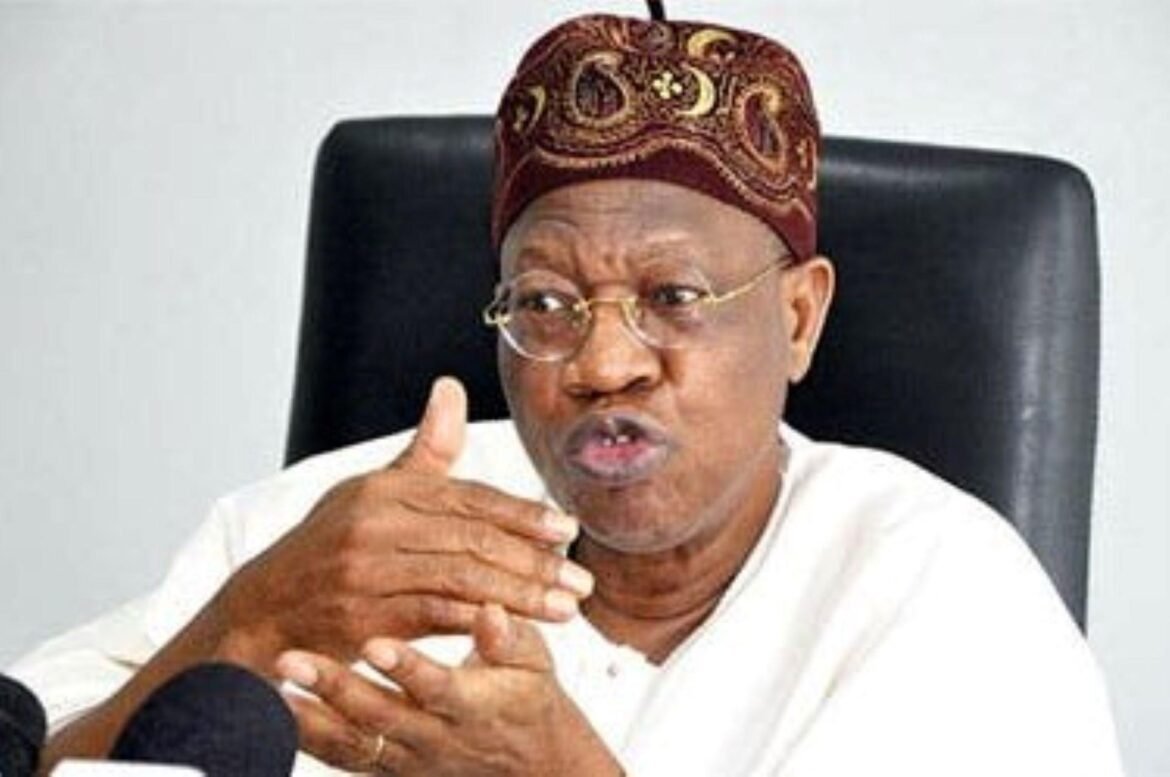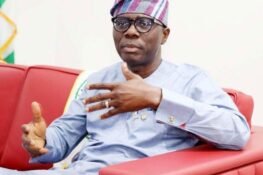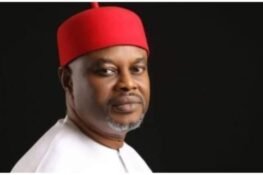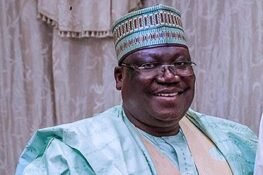The Federal Executive Council (FEC) on Wednesday approved an augmentation of N16 billion for the completion of the dualisation of the Kano-Katsina Expressway.
Minister of Information and Culture, Alhaji Lai Mohammed, made this known while briefing newsmen at the end of the Council’s meeting presided over by President Muhammadu Buhari.
“A memo that sought the Council’s approval for the revised total cost of contract for the dualisation of the Kano-Katsina Expressway was approved.
“The contract on the 78km road was actually awarded sometime in 2019.
“The contractor, having done appreciable work asked us for a review of the Bill of Quantity of engineering work.
“The contract deal was augmented with the sum of N16 billion, thereby revising the subsisting contract from N29 billion to N46 billion,’’ the minister said.
The minister also told journalists that more than N800 million was approved for the procurement of 32 operational vehicles for the NDLEA.
“The Council approved that the NDLEA buys 32 operational vehicles to enhance its operations.
“I am sure we have all noticed that there has been an improved performance on the part of the NDLEA in the last couple of months.
“Resulting from this enhanced performance, there has been the need for more operational vehicles.
“The good thing about the request is that all the operational vehicles are being bought from local vehicle assembly plants.
“The total cost is N821.7 million,’’ the minister said.
On his part, the Minister of Mines and Steel Development, Mr. Olamilekan Adegbite, told newsmen that the Council approved a Nigeria Mining Chain Revolution Policy.
He explained that the policy would reduce the exportation of raw ore so that Nigeria could benefit more from its value chain.
“The ministry was able to pass a memo in Council. It is essentially on a policy drive initiated by this administration and that is what we call Downstream Policy.
“Essentially, it’s to prevent us from exporting raw ore from Nigeria so that we can have some benefits before minerals are exported.
“Essentially, the policy was passed to discourage the exportation of raw ore from Nigeria,” Adegbite said.
(NAN)








